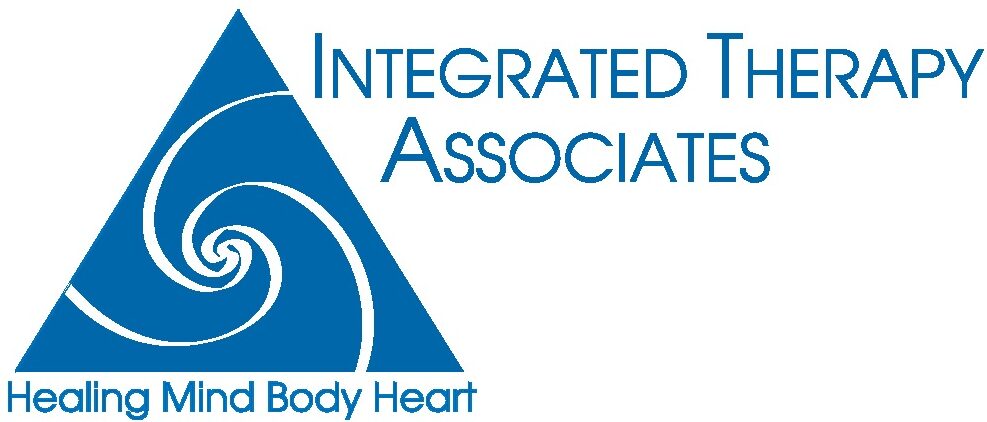Integrated Therapy Associates 3907 Wrightsville Avenue Suite 110
EMDR Therapy
EMDR (Eye Movement Desensitization and Reprocessing) Therapy is a psychotherapy approach that was originally developed to help individuals who have experienced traumatic events. It was developed by Francine Shapiro in the late 1980s. EMDR is particularly used to treat post-traumatic stress disorder (PTSD) but has also been applied to various other mental health conditions.
The therapy involves a structured eight-phase approach during which the therapist helps the individual process distressing memories by using bilateral stimulation, which can include side-to-side eye movements, pulsars, or auditory tones. The goal is to help the person process the traumatic memories and reduce the emotional charge associated with them.
EMDR is based on the idea that traumatic memories are not properly processed by the brain and can become “stuck,” leading to symptoms such as flashbacks, nightmares, and intense emotional reactions. Through the use of bilateral stimulation, EMDR aims to help the individual reprocess these memories, making them less distressing and allowing for more adaptive coping mechanisms.
It’s important to note that while EMDR has been found to be effective for many individuals, its mechanisms and efficacy are still areas of ongoing research and debate within the mental health community. It is typically administered by licensed mental health professionals who have received specific training in EMDR therapy.
EMDR therapy is commonly used to address a range of psychological issues, particularly those related to trauma and distressing life experiences. Some of the issues that can be addressed with EMDR include:
- Post-Traumatic Stress Disorder (PTSD): EMDR is widely recognized as an effective treatment for PTSD. It helps individuals process and alleviate the symptoms associated with traumatic experiences.
- Trauma: EMDR can be applied to various types of trauma, including childhood abuse, accidents, natural disasters, and interpersonal violence.
- Anxiety Disorders: EMDR has been used to treat various anxiety disorders, such as panic disorder, social anxiety, and generalized anxiety disorder.
- Phobias: Specific phobias, which are intense fears of specific objects or situations, may be addressed using EMDR.
- Depression: EMDR may be used as part of a comprehensive treatment plan for individuals with depression, particularly when depression is linked to past traumatic experiences.
- Grief and Loss: EMDR can be beneficial in helping individuals process grief and loss, facilitating the healing process after the death of a loved one or other significant losses.
- Addiction: While not a primary treatment for addiction, EMDR may be incorporated into therapy to address underlying trauma contributing to addictive behaviors.
- Dissociative Disorders: EMDR has been used in the treatment of dissociative disorders, which involve disruptions in memory, consciousness, and identity.
- Performance Anxiety: Some individuals use EMDR to address performance anxiety related to work, academics, or other areas of life.
It’s important to note that EMDR is not a one-size-fits-all solution, and its effectiveness can vary from person to person. Additionally, it is typically used as part of a comprehensive treatment plan.

